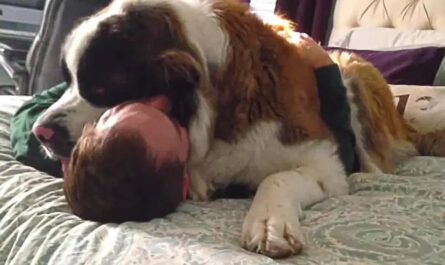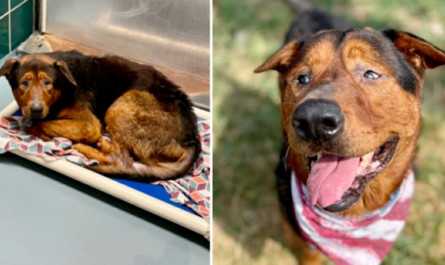According to the American Society for the Prevention of Cruelty to Animals (ASCPA), approximately 670,000 dogs are euthanized every year because animal shelters are always full and no owner would take them.
These pooches are left alone, sad and depressed, so animal rescue teams make the heartbreaking decision to euthanize them instead.
As a dog parent, this is the worst nightmare that could possibly occur to your pooch, so you should do whatever it takes and find out how to keep your dog healthy physically and mentally.
In general, dogs can experience the same mental health issues that humans encounter on a daily basis — they also get anxious and depressed when they are left alone or not taken care of properly.
This may shock a lot of people, but some dogs don’t respond well to change, whether it’s moving to a different environment or adding another person to the family.
Dogs experience anxiety when their routines are suddenly disrupted, and as furrents, it’s our responsibility to monitor our pet’s behavior and be on top of how to keep our dog healthy during its depression stage.
While communication can be challenging because your pups can’t verbally express how they feel, these are some warning signs to look out for:
- Inactivity or desire to sleep all the time
- Changes in sleeping patterns
- Changes in appetite; eating too much or too little
- Lack of interest in usual activities that would normally bring joy
- Desire to hide and avoid company
Much like humans, your pup’s mental health can decline because of uncontrollable factors such as physical illnesses, grief, fear of someone/ something or fear of their owners, and aging.
Keeping your dog healthy should be your utmost priority, making sure they get what they need during a difficult time. Below are some good practices to consider in order to aid and uplift their spirits.


Establishing an Effective Exercise Program
As human beings, we know how important exercise is to keep our physical and mental well-being in tip-top shape. The same can be said for our pet pooches!
Doggie exercise obviously helps your pooch increase its flexibility, endurance, and overall happiness. Every time you go out for a walk, your dog’s dopamine and endorphin levels rise, and its energy just seems to be out of this world.
While the amount of exercise varies from breed to age, it surely helps control any behavioral issues that might stem from anxiety and depression.
Here are some creative ideas of physical activities that can double as playtime:
- Hiking: Exploration and adventure are as fun for your dog as it is for you! Introducing nature trails will help your pooch regain their sense of adventure and excitement.
- Swimming: Some dogs love to swim, and trying a water-based activity might just be what they will need. This non-strenuous activity suits old dogs with joint problems.
- Hide-and-seek: As a physical and mental stimulant, this game will get your dog thinking and just might be the distraction they need. This game is best for owners with limited time and can only do indoor games.
If your pup exhibits excessive amounts of licking, biting, or chewing, these may be dog stress symptoms caused by a new, unpredictable environment.
Make sure you establish an efficient exercise routine so that you can build up your dog’s confidence in its owner and its environment.
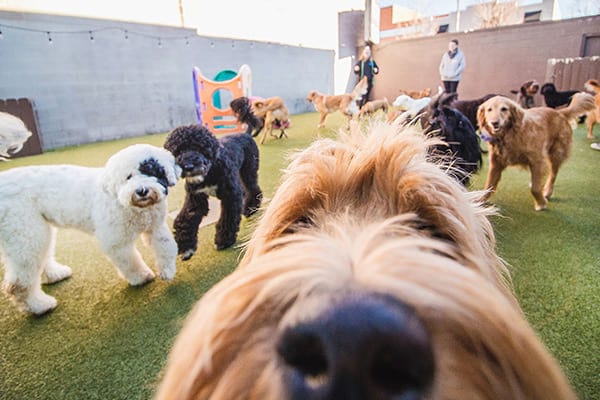

Bringing Your Pup to Doggy Daycare Centers
Doggy daycare is undoubtedly a haven of fun and relaxation for any pup. Think of the place as a pseudo-exclusive social club, but ten times furrier and cuter!
A quality dog daycare program presents numerous benefits that may alleviate negative behaviors.
Healthy activities are done throughout the day to provide physical and mental stimulation for your doggy, plus your dog will meet new pals along the way!
After all, most dog breeds take after their ancient ancestors, the gray wolves, in that they thrive when they are in packs. As such, consistent socialization with other pooches in a daycare is perfect!
To prevent anxiety and depression, we highly recommend that you consider finding a good dog daycare that will surely be a fun rollercoaster ride for your four-legged friend.
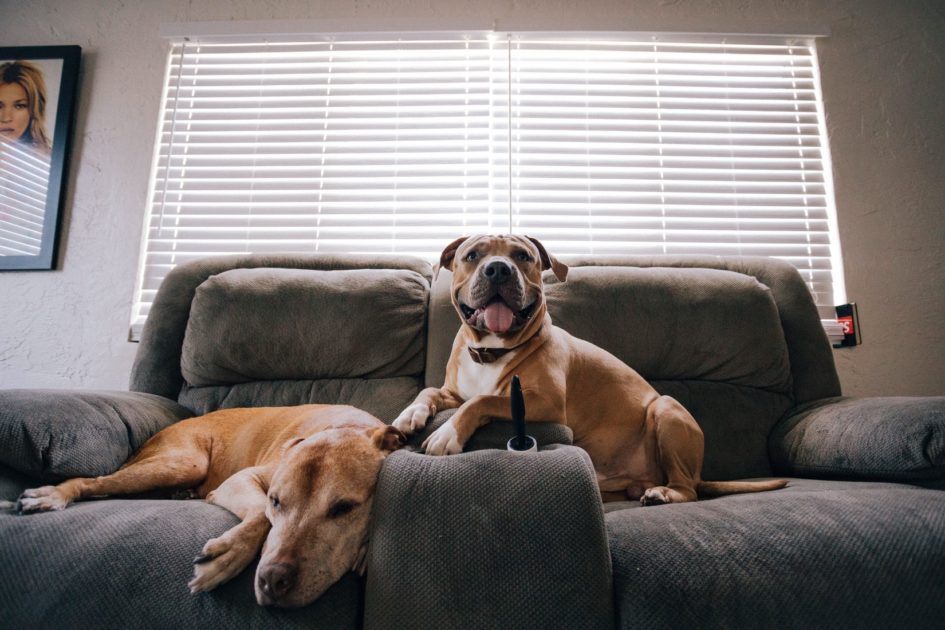

Getting Another Dog
A plethora of challenges may await a newbie dog owner, but nothing beats finding a dog that will get along with your other pets.
Every time you introduce a new pup to a home with other canines, it is your job to ensure that all of them will get along in a safe and loving environment.
If you decide to take care of a needy, high-maintenance pooch, other canines will immediately feel annoyed or jealous. It is a recipe for disaster that you simply don’t have the time to deal with.
However, while all dog breed personalities vary by nature, the key to introducing a new member of the family is ensuring that they will coexist in a single, harmonious environment.
Dog temperaments are wired differently, but the right treatment will bring about the best in every pooch. The truth is, dogs need friends to thrive in their environments and reduce stress levels.
Find the right breed for your pooch, and their anxious behavior will slowly disappear!
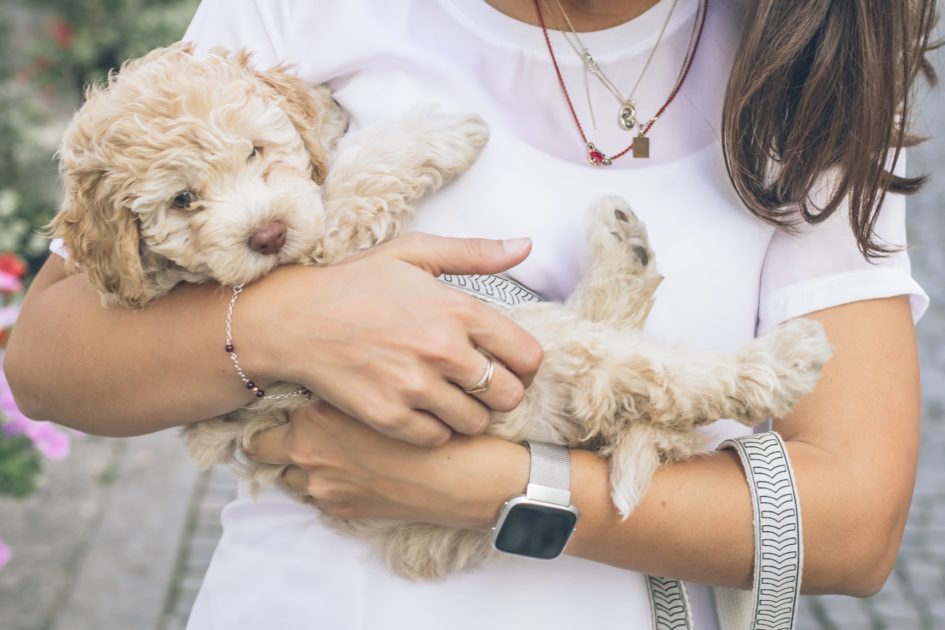

Seeking the Help of a Vet or Behavioral Specialist
Seeking help from the vet ought to be the first remedy because you have to ascertain that their depression isn’t caused by an ailment.
If it isn’t the case, then try to follow their normal routine while paying more attention and showing that you’re making more time for them.
During the instance that your pup’s behavior remains the same after months of observation, the vet will most likely prescribe antidepressant or anti-anxiety pills.
The most common antidepressant for dogs is Prozac, but is only prescribed for severe cases because it can have a couple of side effects.
You may also be wondering if dog psychologists exist. Well yes, kind of.
The most logical thing to do is to consult with a general veterinarian first, and they can subsequently refer you to a veterinary behaviorist.
As you know, veterinary behaviorists specialize specifically on companion animal behavior, which means they can likely identify and correct your dog’s behavioral triggers.
Some pet trainers also identify themselves as “behavioral counselors” or “pet therapists”, but each expert varies significantly.
Availing of their services might just be the trick to help you keep your dog healthy and slowly away from anxiety or depression.
Please ‘SHARE’ to pass on this story to a friend or family member

